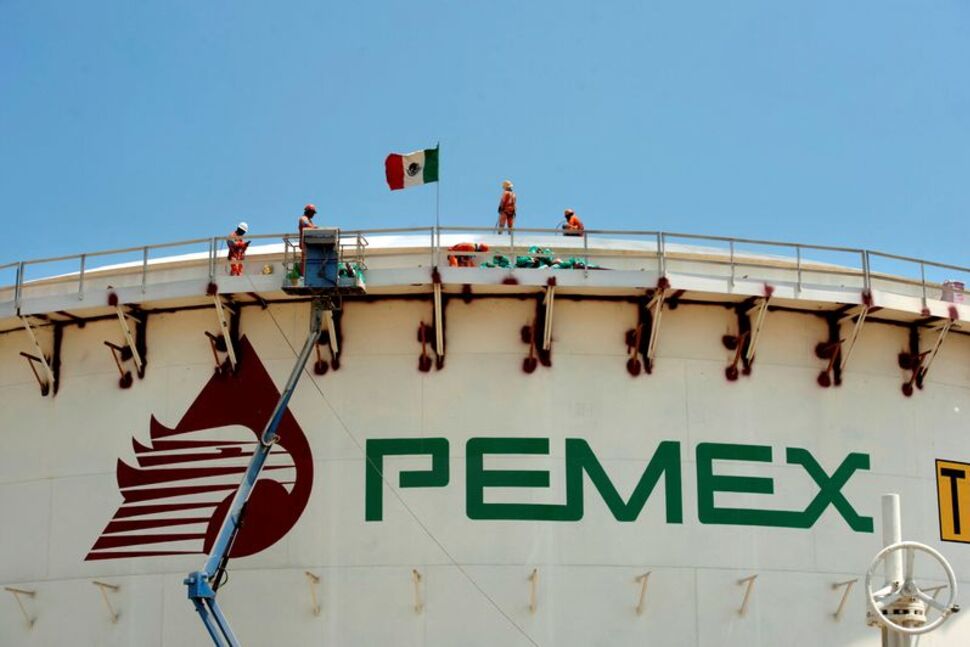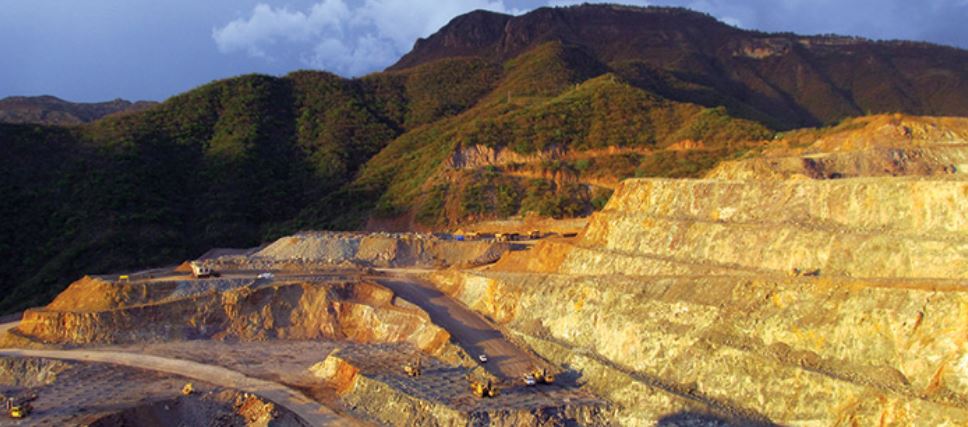(S&P, 15.May.2024) — There is still a lot of private and international interest in developing the oil and natural gas resources in Mexico despite the shift towards state control by President Andres Manuel Lopez Obrador, panelists said during an energy and infrastructure forum May 14-15. However, if Mexico again opened up those resources to private investors it would have to be under different circumstances, they said.
“The interest in Mexico is there, I hear it all the time,” said Marcial Diaz Ibarra, a partner at Qua Energy Consulting, during the Mexico City event, organized by the Mexican Institute of Financial Executives.
Just over 10% of Mexico’s reserves have been opened to the private industry, according to data from the National Hydrocarbons Commission, or CNH. The rest is either in the hands of state Pemex or has not been assigned, the data shows.
The resources are there but they might be more expensive to reach as the government under Lopez Obrador has already exploited its shallow-water and onshore deposits, so-called “low-hanging fruit,” Diaz Ibarra said.
Alma America Porres Luna, an independent consultant who served two terms as a CNH commissioner under Lopez Obrador and his predecessor, Enrique Pena Nieto, said companies are currently biding for blocks in the deepwater Gulf of Mexico in the US side with great interest.
“If the deepwater area opened up in Mexico, some eyes could look in this direction,” Porres Luna said.
Oscar Roldan, oil and gas director at R9 Holdings, a small gas operator in Mexico, said there is still a lot of potential in Mexico and that his company is willing to stay hoping more opportunities open.
“In Mexico, secondary recovery techniques have practically never been applied except for water and nitrogen injection,” Roldan said, adding that the amount of resources is huge.
Changes to energy policies?
However, the panelists noted that the credibility Mexico has lost in the recent years due to the changes in the country’s energy policies will be hard to recover and that the high taxes and royalties to the government on production would need to be lowered.
Pemex cannot make all the investments needed to develop Mexico’s oil and gas industry on its own, but neither can the private operators under current conditions, Roldan said.
“The goal of Hacienda was never to incentivize exploration and production, I can tell you because I used to work there,” he said, noting that gas contracts pay on average 40% of revenues in royalties, compared with only 10% in the US.
Mexico is competing with other large players in the region, like Colombia, Argentina, Guyana and Brazil, which have resources attracting investments, Porres Luna said. And Mexico’s northern neighbor, the US, is the largest producer of shale gas in the world, she added.
“We think we can close down one day and then companies will come running when we reopen because we have the resources — and that is not the case,” Porres Luna said.
While the Lopez Obrador administration was not able to change the Constitution to undo Mexico’s 2013 energy sector liberalization, thanks to a supreme court ruling against that effort, it cancelled the upstream rounds that granted the first private contracts in the country in over seven decades.
“The challenge of the next administration is to give legal guarantees,” said Diaz Ibarra, adding that operators currently work in a state of uncertainty.
Mexico will hold a general election on June 2, with Claudia Sheinbaum, the candidate from Lopez Obrador’s ruling Morena party leading the polls by roughly 20 points. Sheinbaum has pledged to uphold the current energy policy that gives power to state companies.
Rosanety Barrios, the energy advisor to the main opposition candidate, Xochitl Galvez, meanwhile, promised those at the conference to reopen Mexico’s upstream sector through new oil and gas rounds. She added that although Mexico has vast unconventional resources, Pemex would focus on conventional deposits if Galvez were to win.
“Pemex will continue to focus on exploration and production, but we will focus on conventionals,” she said. “Like all the major oil companies in the world we need to decarbonize and diversify; we will reduce the use of energy by making gas consumption more efficient and increase renewable generation and storage.”
____________________


